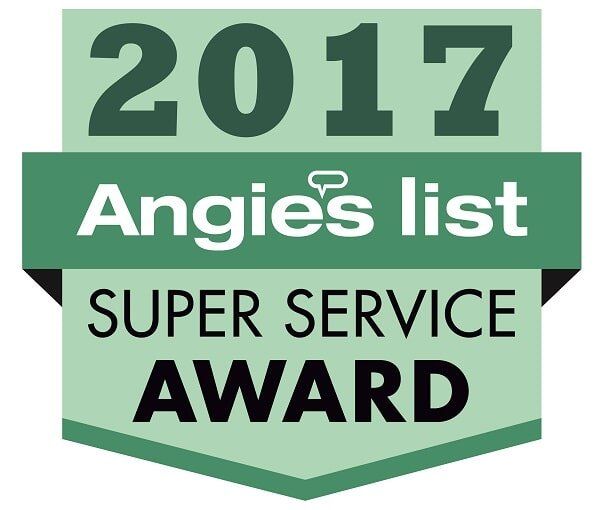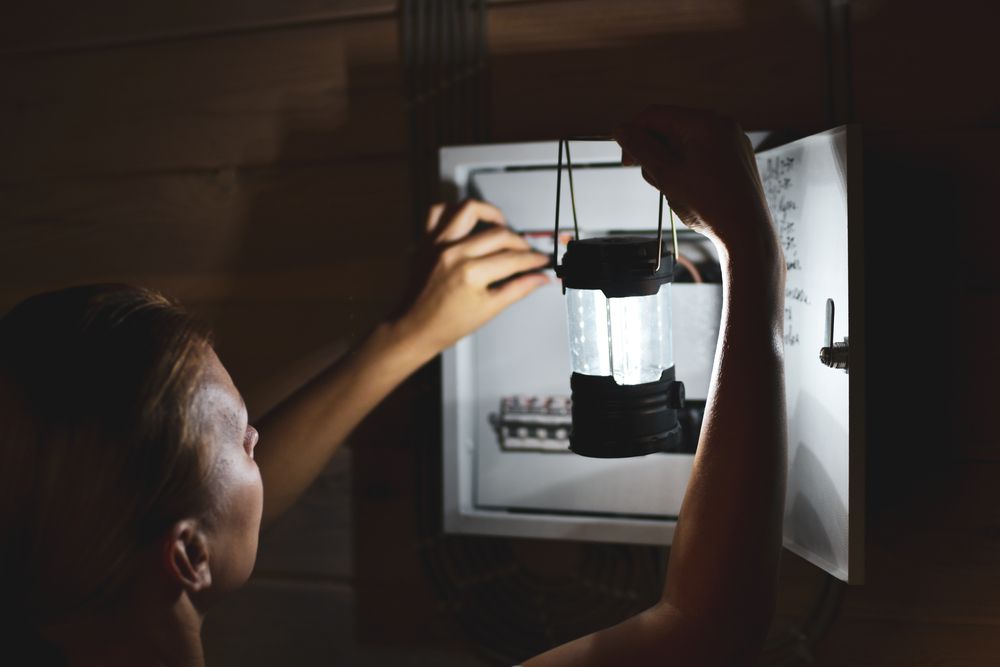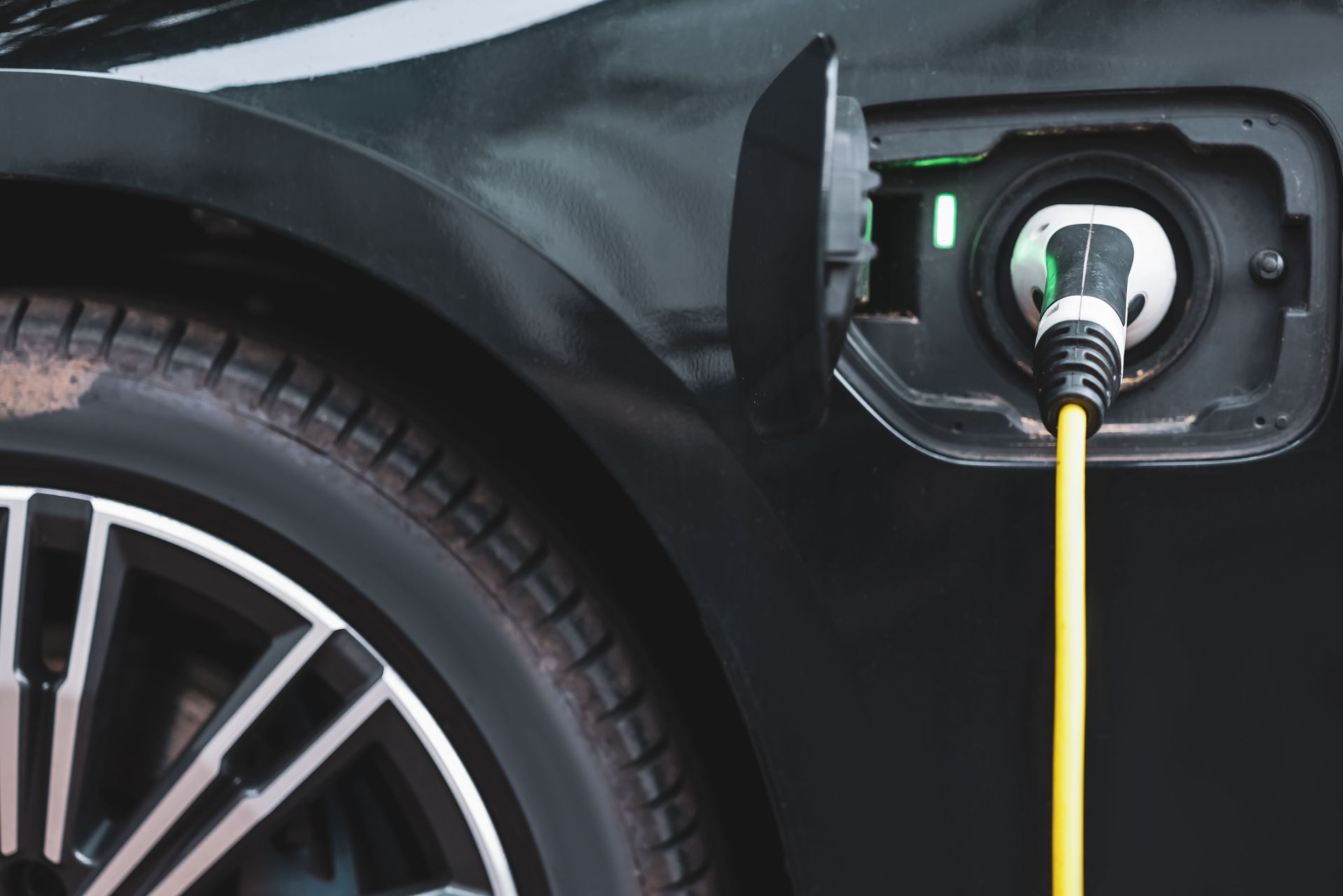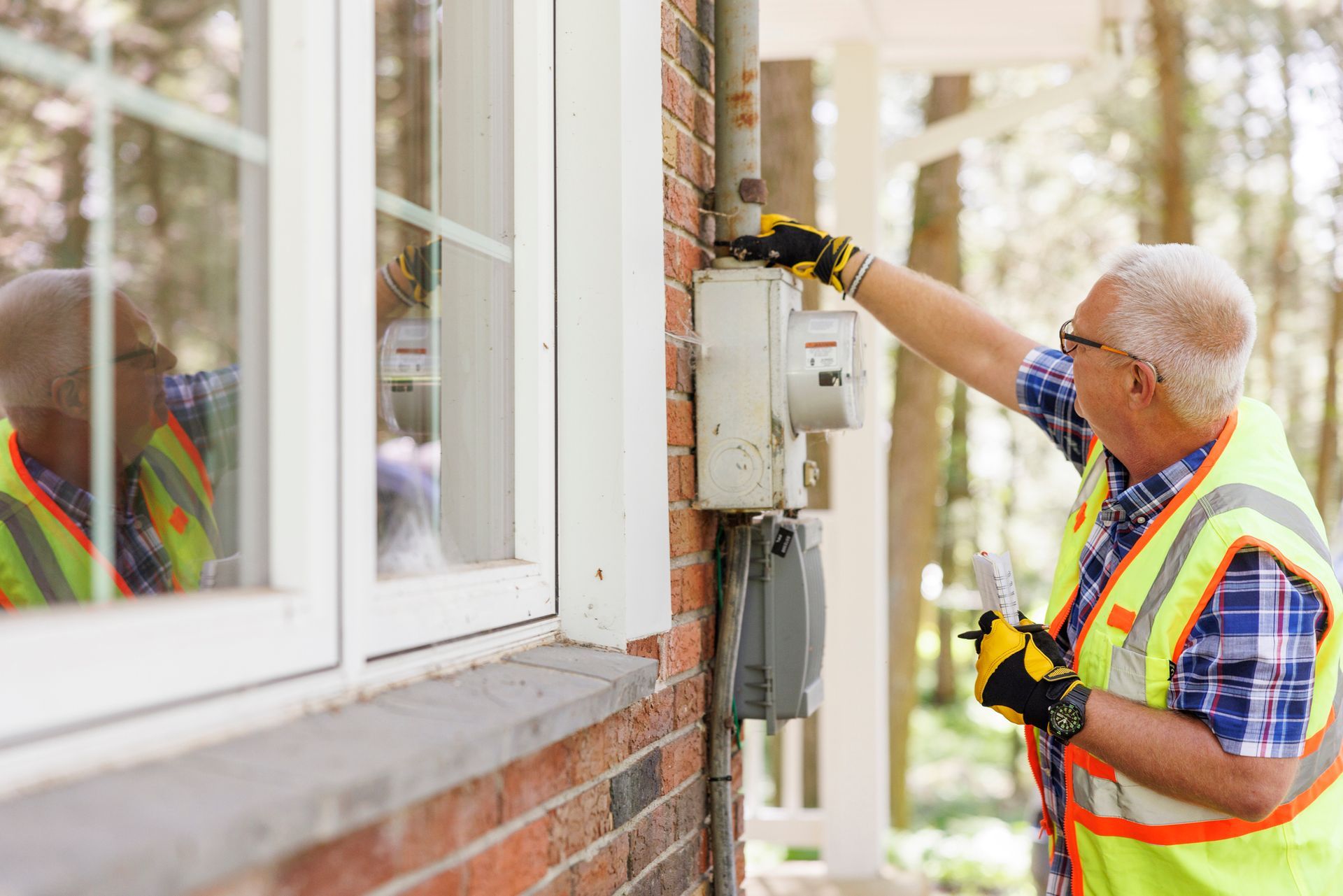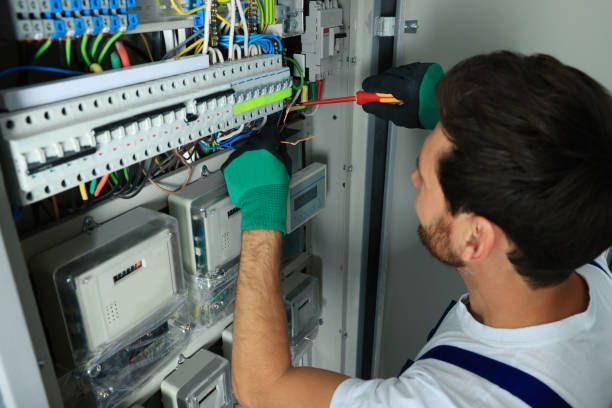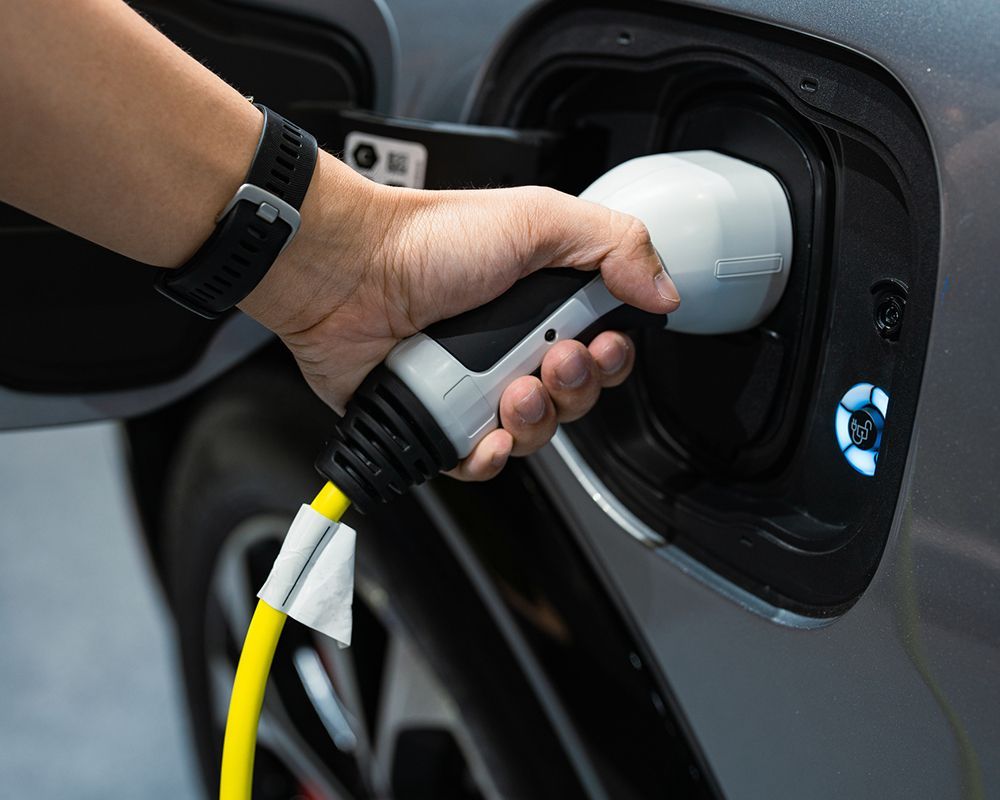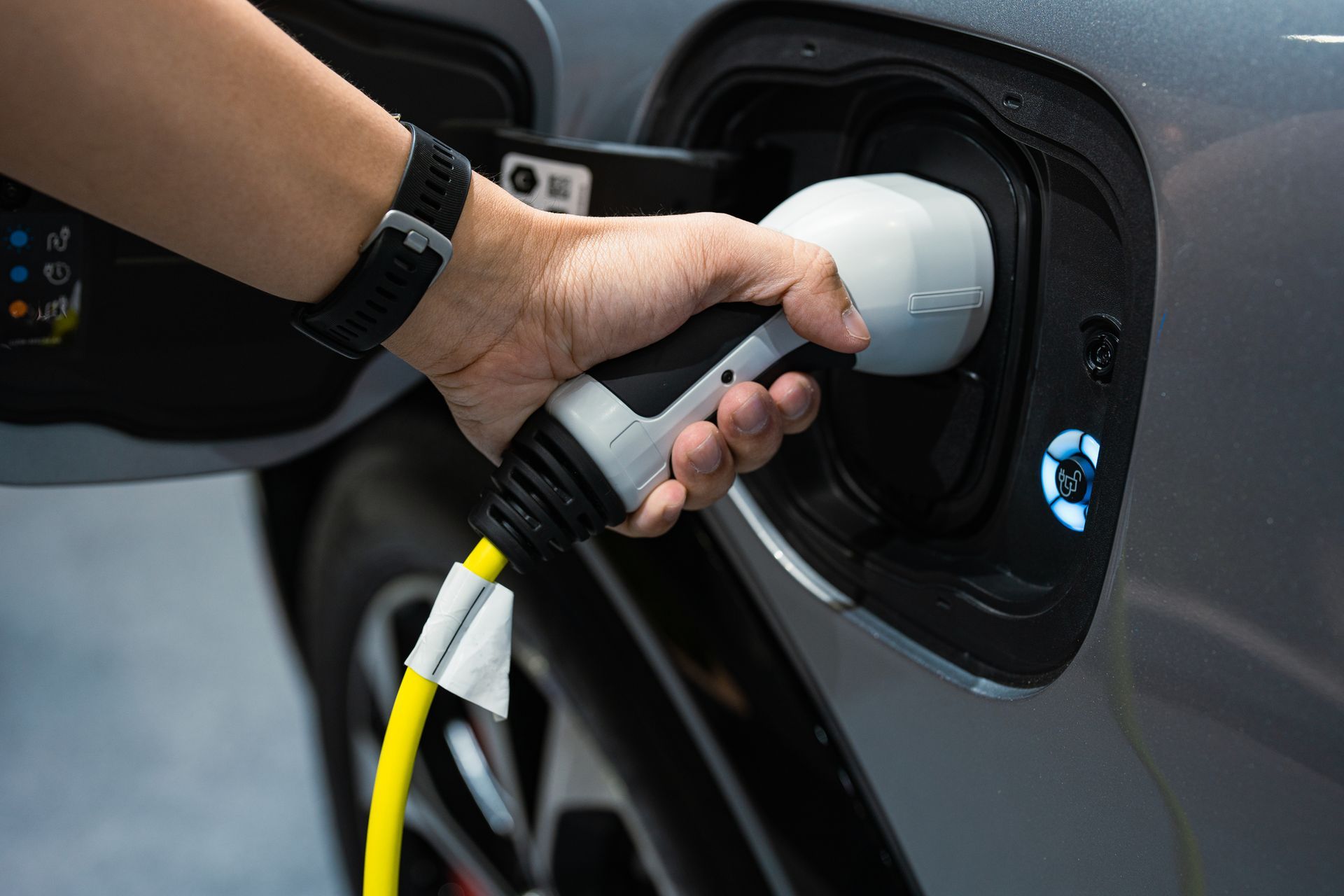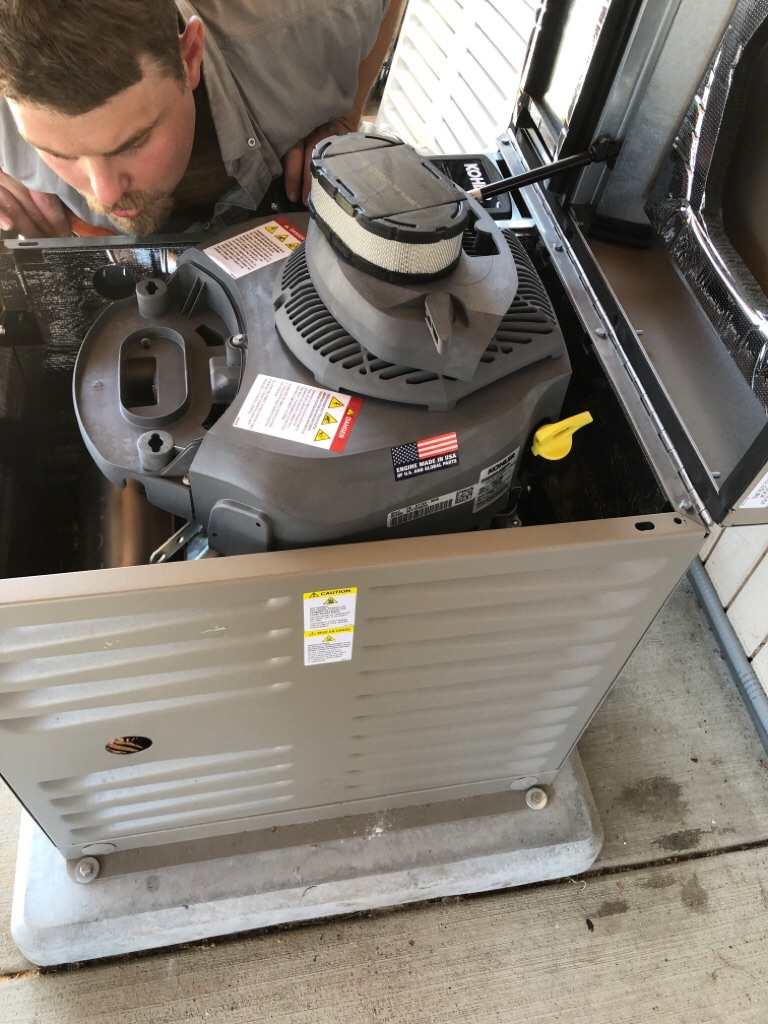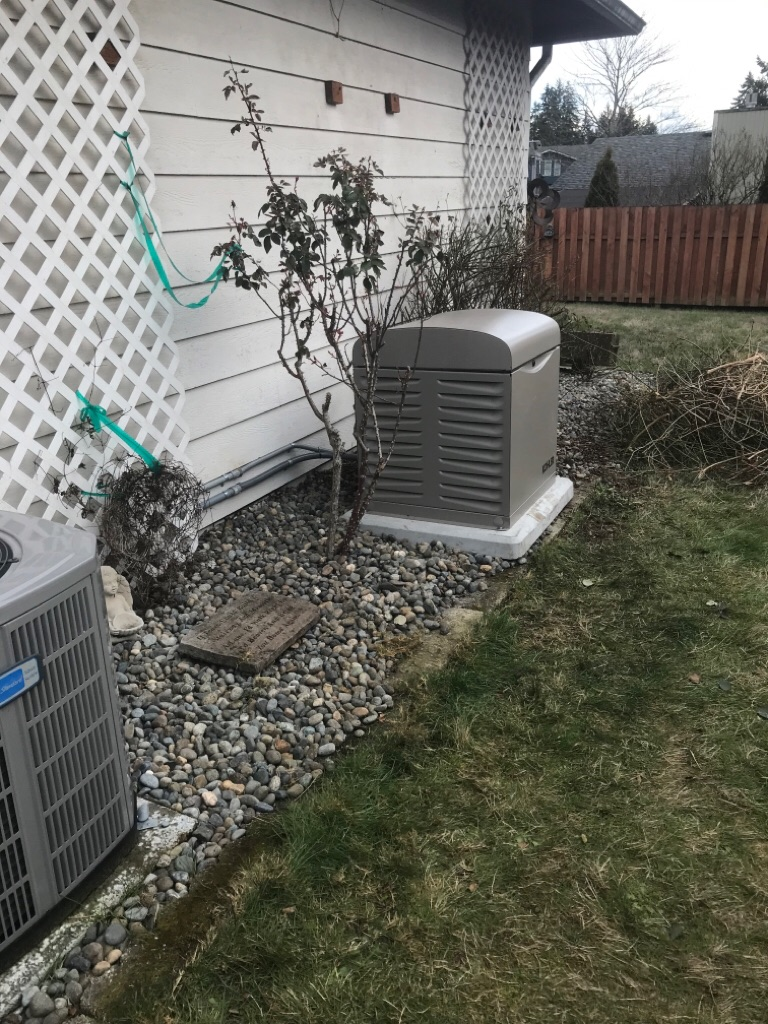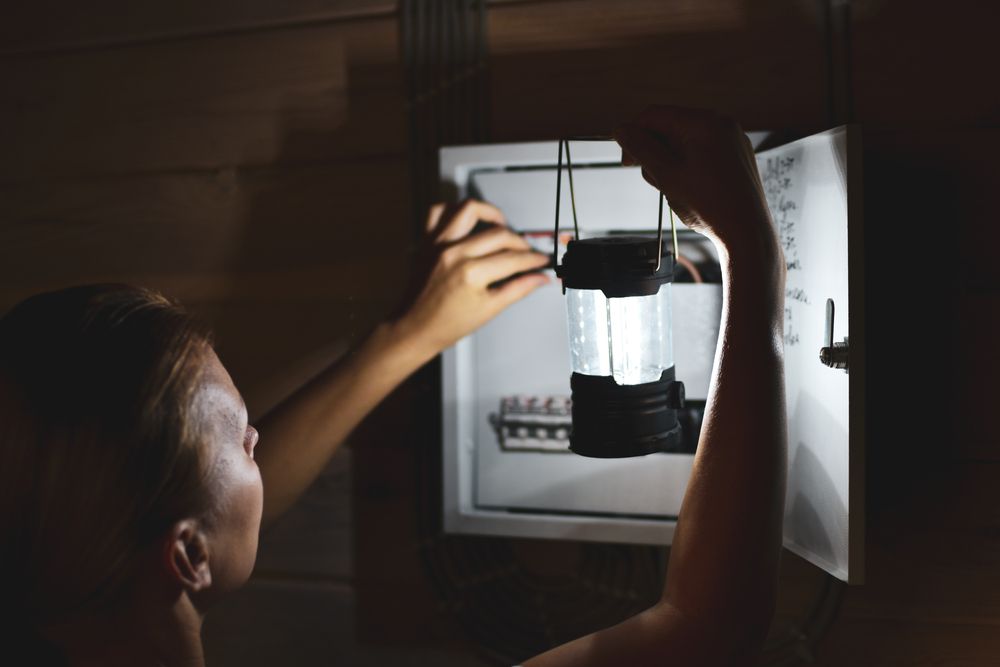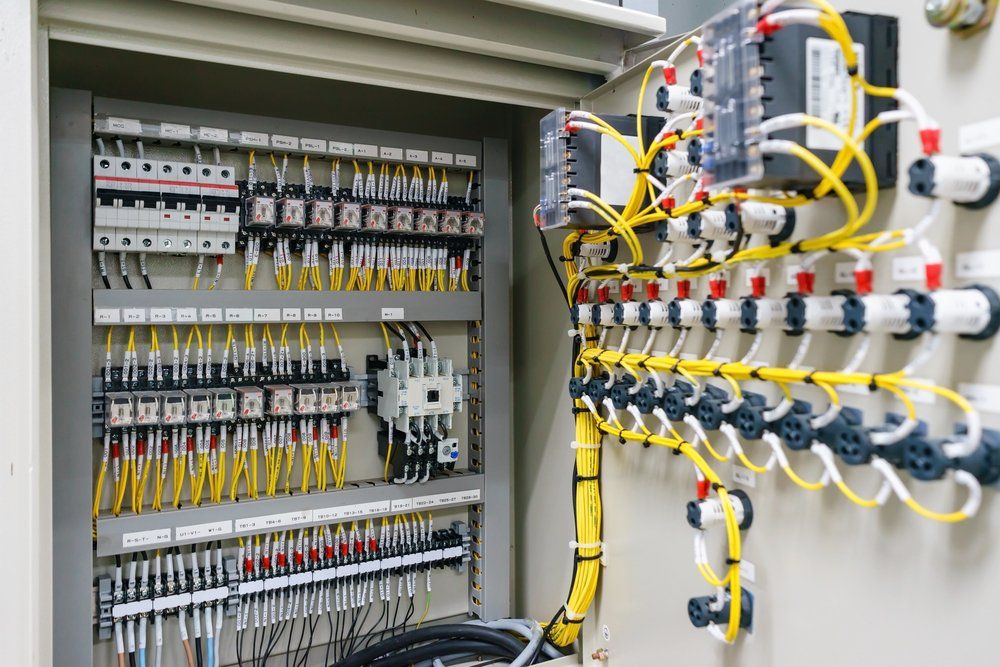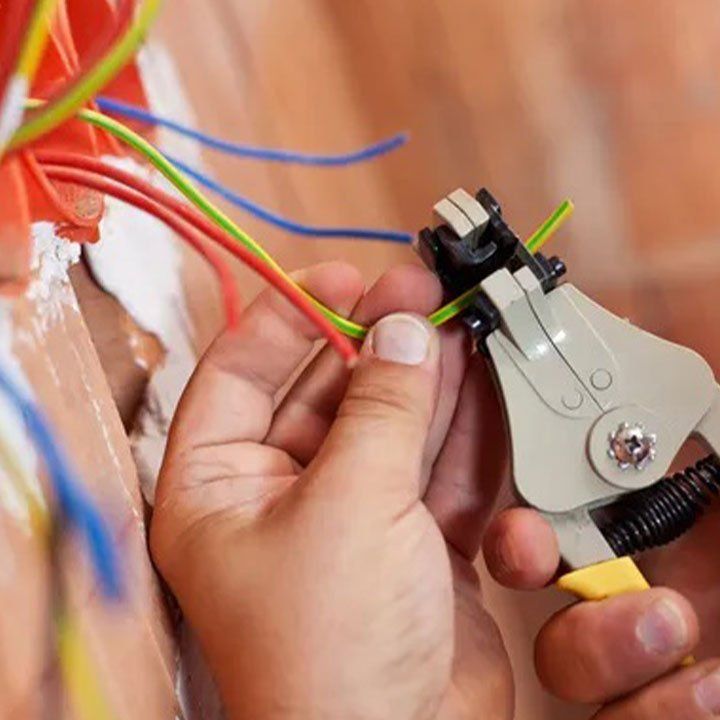What to Do in a Power Outage?
Power outages can occur at any time for a multitude of reasons. Storms are the most frequent cause of power disruptions, but issues with municipal electricity providers and even localized problems caused by issues within a single home can also cause outages.
A prolonged power outage can do far more than leave you without lights. On a household level, your refrigeration system, fresh water supply, and medical devices could all be jeopardized. When outages impact entire neighborhoods or cities, grocery stores, gas stations, banks, retail businesses, and other services may also be unavailable, and even communications and public transportation may be disrupted.
We don't say all this to alarm you but to ensure that you know how important it is to take power outage safety seriously. Read on to find out what to do in a power outage before the next one occurs so that you will know what to expect and how to respond.
Identifying the Source of Outages
Not all power outages occur on a municipal level. Sometimes, you can resolve outages at home. Follow all power outage precautions and advice when attempting to identify what caused the problem. In most cases, this means checking for signs of damage to electrical panels and disconnecting any appliances or devices drawing power from specific circuits before flipping any tripped breakers back on.
If you don't find any tripped breakers and your panel appears to be in good working condition, the chances are good that the outage is more widespread. Head outside to see if the streetlights are out and start checking on neighbors. This step will allow you to evaluate the extent of the outage and ensure that other friends and family members are following power outage precautions and advice when it comes to things like generator safety.
Most Important Steps to Take During a Power Outage
When the power goes out, there are a few steps you'll need to take to make sure everyone stays safe and comfortable. The best way to manage these steps is to create a power outage checklist that contains all the relevant power outage tips from the list below.
- Call the utility company to report the outage.
- Unplug appliances and devices, starting with the most expensive electronics.
- Find flashlights to use for lighting if the outage continues into the night.
- Gather everyone in the most comfortable part of the home to accommodate the loss of climate control.
- Leave the refrigerator and freezer doors shut.
- Stay in communication with neighbors and nearby friends or family.
- Prioritize caring for children, the elderly, and people with medical needs.
If the power outage occurs as a result of a severe storm, there may be a community location that has backup power where you and your family could go to access heat or cooling, lights, and electricity to keep phones charged.
Ensuring Safety During Outages
Power outage safety should always be a top priority. That's part of the reason it's so important for people to know what to do in a power outage. Avoiding panic, following a power outage checklist, and knowing when to evacuate to a community shelter during a storm can all help.
Purchasing a
backup generator is also a great way to ensure safety during power outages, especially if anyone in your family requires electrically powered medical equipment. However, generators can also create safety hazards. The portable models that run on gasoline or diesel must be kept outdoors away from any windows to avoid the risk of carbon monoxide poisoning and must be refueled and turned on and off by hand.
Hiring an electrician to install a whole-home backup generator that can be connected to the municipal natural gas supply is generally a safer option. These more advanced models pose no risk of carbon monoxide poisoning and can be set to turn on and off automatically.
Other power outage tips for avoiding unnecessary safety risks include using camp stoves only outdoors and never attempting to heat a home with a gas stove or oven. You should also make sure the home's carbon monoxide detectors are operating properly.
Be Prepared for the Next Outage
If you're already experiencing a power outage, the best thing to do is to focus on mitigating damage and ensuring everyone's safety by following the advice above. Once the outage is over, though, it's worth taking the time to make sure that you're prepared for the next one.
Being prepared for future power outages can save you a lot of trouble and inconvenience. To be fully prepared, consider investing in a backup generator with help from our professionals at Shocking Difference LLC.
Don't be left in the dark! Contact us today by calling
(360) 754-4542 or
reaching out online to learn more about preparing for power outages!

